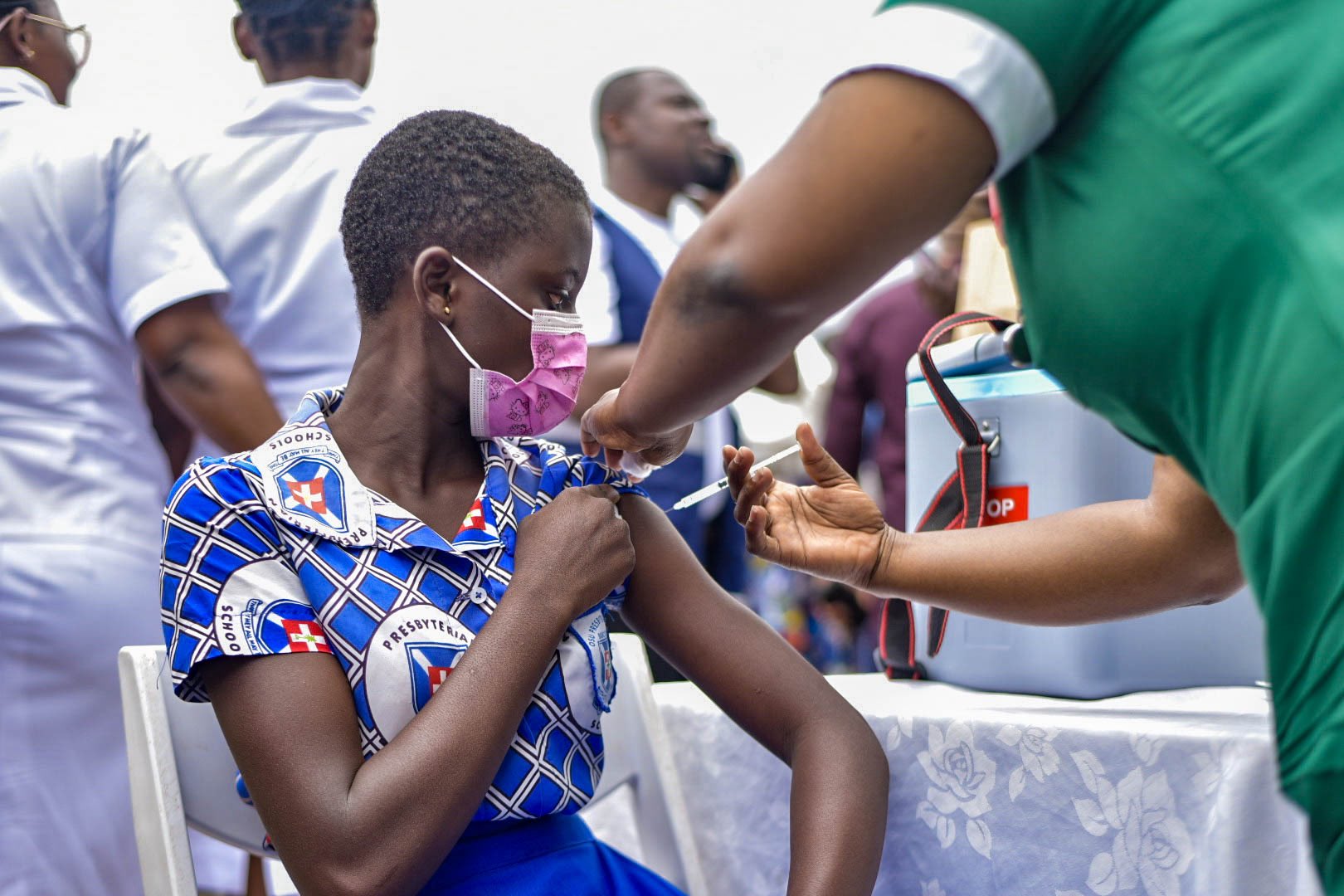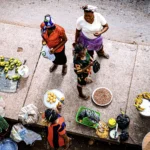Human Papillomavirus, commonly known as HPV, is one of the most prevalent sexually transmitted infections globally and a leading cause of cervical cancer among women. Scientists have identified over 200 types of the virus since it was discovered in 1956.
While most HPV infections clear up on their own, persistent infection with high-risk strains, particularly HPV-16 and HPV-18, can lead to cervical cancer.
According to the National Cancer Institute, these two strains alone are responsible for roughly 70% of cervical cancer cases worldwide.
Every year, over 660,000 new cervical cancer cases are recorded globally, with more than 350,000 deaths in 2022.
Nearly 94% of these fatalities occur in low- and middle-income countries with limited access to screening, diagnosis and treatment.
In sub-Saharan Africa, cervical cancer is a major public health challenge, as it has the highest burden of the disease worldwide, silently claiming lives yearly.
It is often diagnosed at an advanced stage due to poor awareness, inadequate screening infrastructure, and cultural stigma surrounding reproductive health.
The disease not only affects women physically but also devastates families and communities, as most of its victims are women in their most productive years.
Unlike many cancers, cervical cancer is almost entirely preventable—through vaccination, regular screening, and timely treatment of precancerous lesions.
In many African countries, though, the lack of sustained preventive measures has kept it among the top killers of women.
In Ghana, cervical cancer is the second most common cancer among women after breast cancer, accounting for a significant proportion of female cancer deaths. The Ghana Health Service (GHS) reports that the country records about 3,000 new cases and nearly 2,000 deaths annually.
These figures represent mothers, daughters, and sisters whose lives could have been saved through early intervention. For years, Ghana’s public health response focused on awareness and screening through Pap smears and visual inspection with acetic acid (VIA).
However, these efforts faced hurdles: limited access to diagnostic centres, low public awareness, and deep-seated cultural taboos that discourage open discussions about sexual and reproductive health.
It is against these troubling statistics that Ghana has taken a decisive step to turn the tide, launching a nationwide HPV vaccination campaign aimed at protecting more than 2.4 million girls aged between 9 and 14 years.
The campaign marks one of the most ambitious public health interventions in Ghana’s recent history.
The initiative, backed by the World Health Organization (WHO) and the United Nations Children’s Fund (UNICEF), provides the HPV vaccine free of charge to all eligible girls. On the open market, the vaccine costs between GH¢1,000 and GH¢3,000, a huge burden for most families.
By absorbing this cost, the government ensures that every girl, regardless of background or financial status, has equal access to protection. The vaccine will be administered through schools, health facilities, and targeted community outreach, ensuring that even girls in hard-to-reach areas are covered.
The HPV vaccine had been successfully piloted in Ghana between 2013 and 2018, proving both effective and well-accepted by communities. That pilot paved the way for its integration into the country’s routine immunisation programme, now being expanded nationwide.
UNICEF’s Development Partners Lead, Paulina Saveilanti, noted that for every 1,000 girls vaccinated, an estimated 17 deaths could be prevented.
Implicit to the campaign are protecting girls’ dignity, ensuring equality, and securing the future of Ghanaian women.
Ghana’s move aligns with global health goals and the WHO’s 2030 strategy for cervical cancer elimination, which aims to ensure that 90% of girls are fully vaccinated against HPV by age 15. The country now joins a growing list of African nations that have introduced HPV vaccination at scale.
Rwanda became the first African country to do so in 2011, achieving over 90% coverage and recording a sharp decline in HPV infection rates.
Kenya, Tanzania, and South Africa have also integrated the vaccine into their national immunisation schedules, though with varying success due to logistical and cultural challenges.
Ghana’s entry into this group signals both progress and promise for the West African region.
The impact of HPV infection goes beyond health. Women affected by cervical cancer often face immense financial strain from medical costs and lost productivity. Families suffer emotionally and economically, and communities lose vital contributors.
By preventing the disease, it reduces the burden on the healthcare system, prevents avoidable deaths, and contributes to national development by ensuring that women remain active, healthy participants in the economy.
Nevertheless, the campaign’s success will depend on overcoming potential challenges. Vaccine hesitancy, driven by misinformation or cultural beliefs, could hinder participation.
Some parents may associate the vaccine with premature discussions about sexuality, as HPV is transmitted sexually.
To address this requires building collaborations with community leaders, faith-based organisations, schools, and media to ramp up public education and awareness.
Another challenge lies in maintaining vaccine supply and ensuring equitable distribution, particularly in remote areas where infrastructure is weak.
Despite these hurdles, Ghana’s initiative marks a bold and hopeful chapter in the country’s public health journey.
By vaccinating its girls today, Ghana is investing in a healthier generation of women, free from the fear of cervical cancer.
Summary not available at this time.






